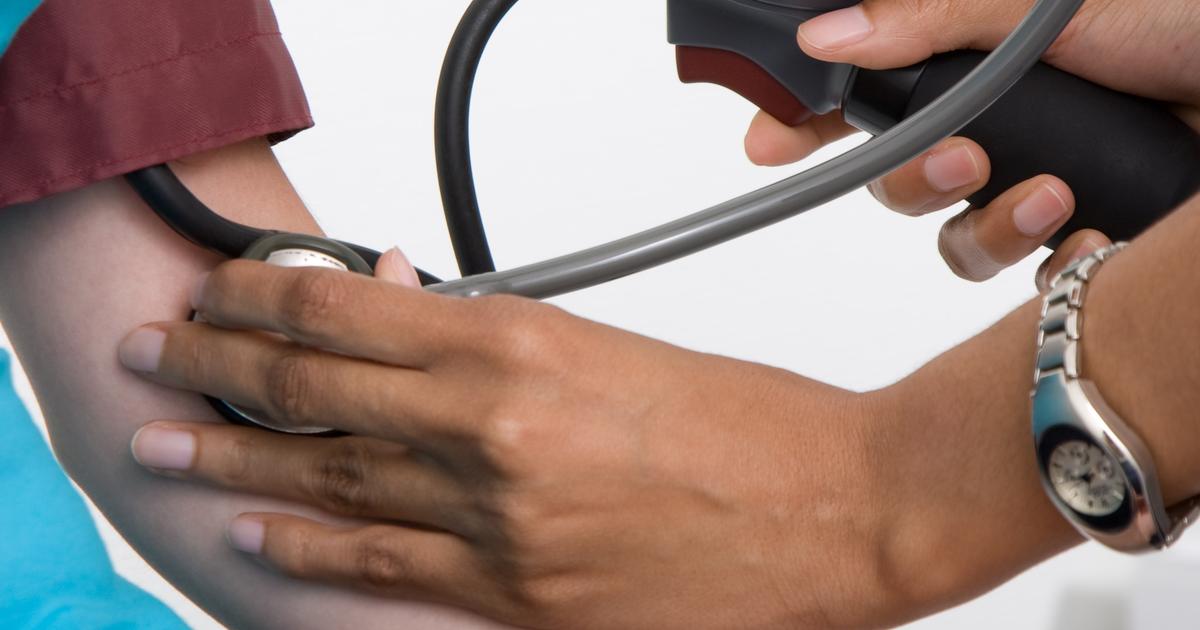How To Treat And Prevent Carotid Stenosis
Medication For Blood Pressure And Cholesterol

High blood pressure is a huge risk factor for developing carotid stenosis, so it is very important for patients to take medication to manage it properly. With high blood pressure, the blood flows throughout the arteries with greater stress and stronger force than usual, which results in damage to the artery walls. This damage can allow bad cholesterol to penetrate the walls and start building up inside of the arteries. Without the damage to the arteries, bad cholesterol cannot permeate the artery walls. This plaque itself is made up of cholesterol, fibrous tissue, calcium, and cellular debris. Having high cholesterol in the blood or high low-density lipoprotein cholesterol means the cholesterol is present to build up in the arteries if it is able to permeate through the artery walls. Cholesterol levels increase when an individual eats foods with high levels of saturated fat. This low-density lipoprotein cholesterol comes from greasy foods and fatty deposits in meats. In addition to lifestyle diet changes, taking medication for blood pressure and cholesterol will help decrease the risk of developing carotid stenosis or having a stroke as a complication of carotid stenosis.
Get to know the details on preventing and managing carotid stenosis now.
Maintain A Healthy Weight

In order to maintain a healthy weight, an individual has to eat a healthy diet and exercise regularly. A diet high in fruits, lentils, chickpeas, whole grains, olive oil, vegetables, and beans will help with healthy weight management, lower cholesterol, and reduce blood pressure. Obesity is associated with a high amount of fatty tissue present in the body. Because the blockages of the carotid arteries in carotid stenosis are made from fatty tissue and other components, having a high body mass index indicates a higher fat ratio throughout the body. A high fat ratio increases the risk of developing carotid stenosis. In addition, obesity alone carries a significantly higher risk of experiencing a stroke, and that risk can be compounded by high blood pressure and or a carotid stenosis diagnosis. Overweight individuals put more pressure on the arterial walls because the blood cannot flow as easily through the arteries, meaning they have to compensate for that. The increased stress on the arteries can result in high blood pressure and damage to the arterial wall.
Learn more about preventing and managing carotid stenosis now.
